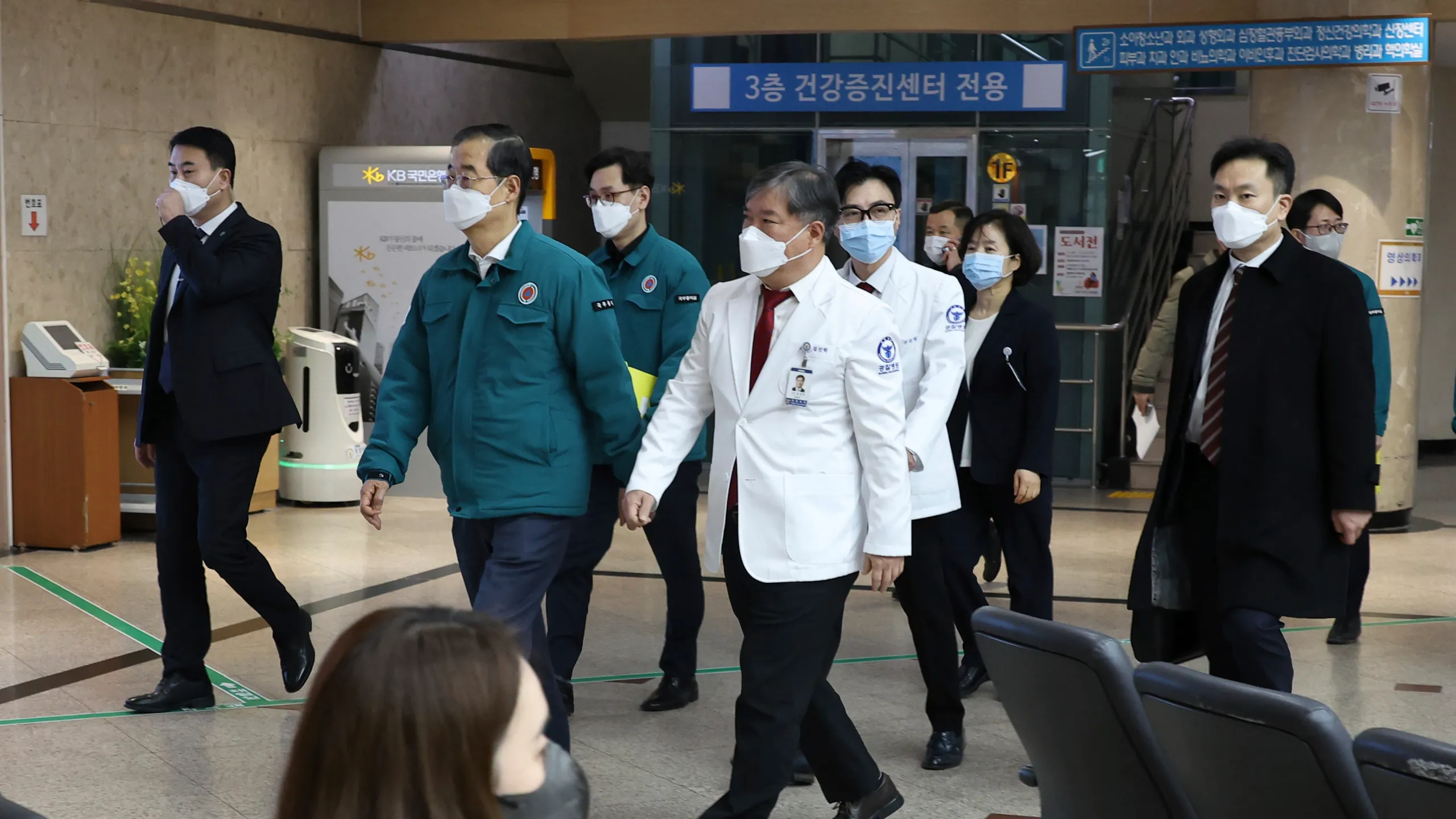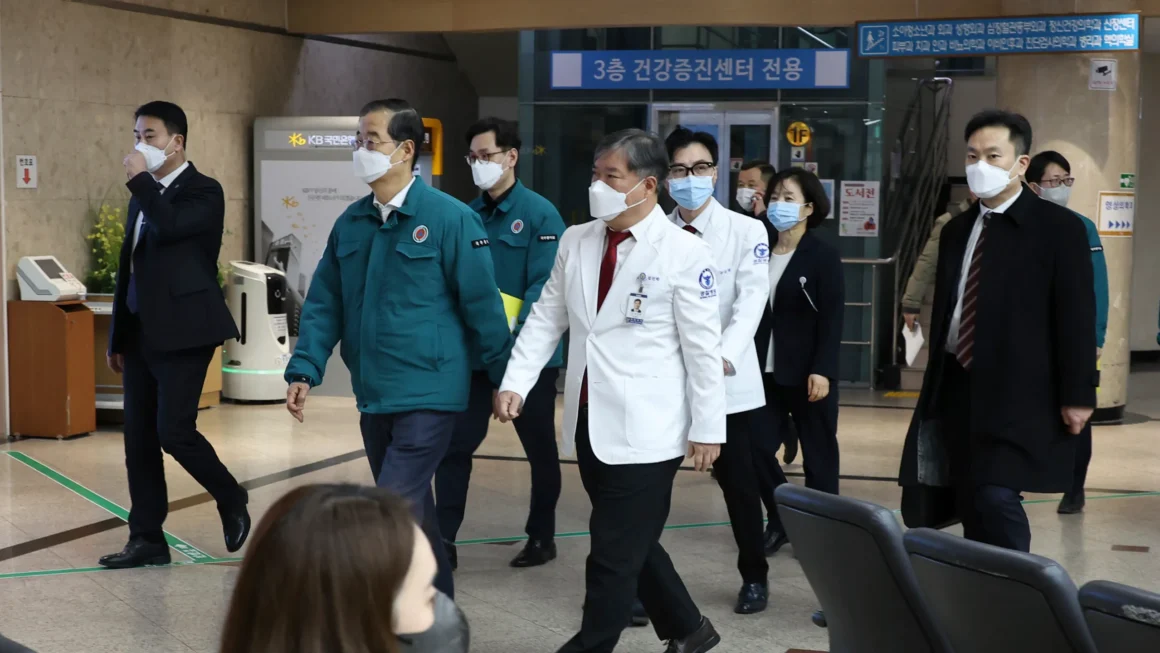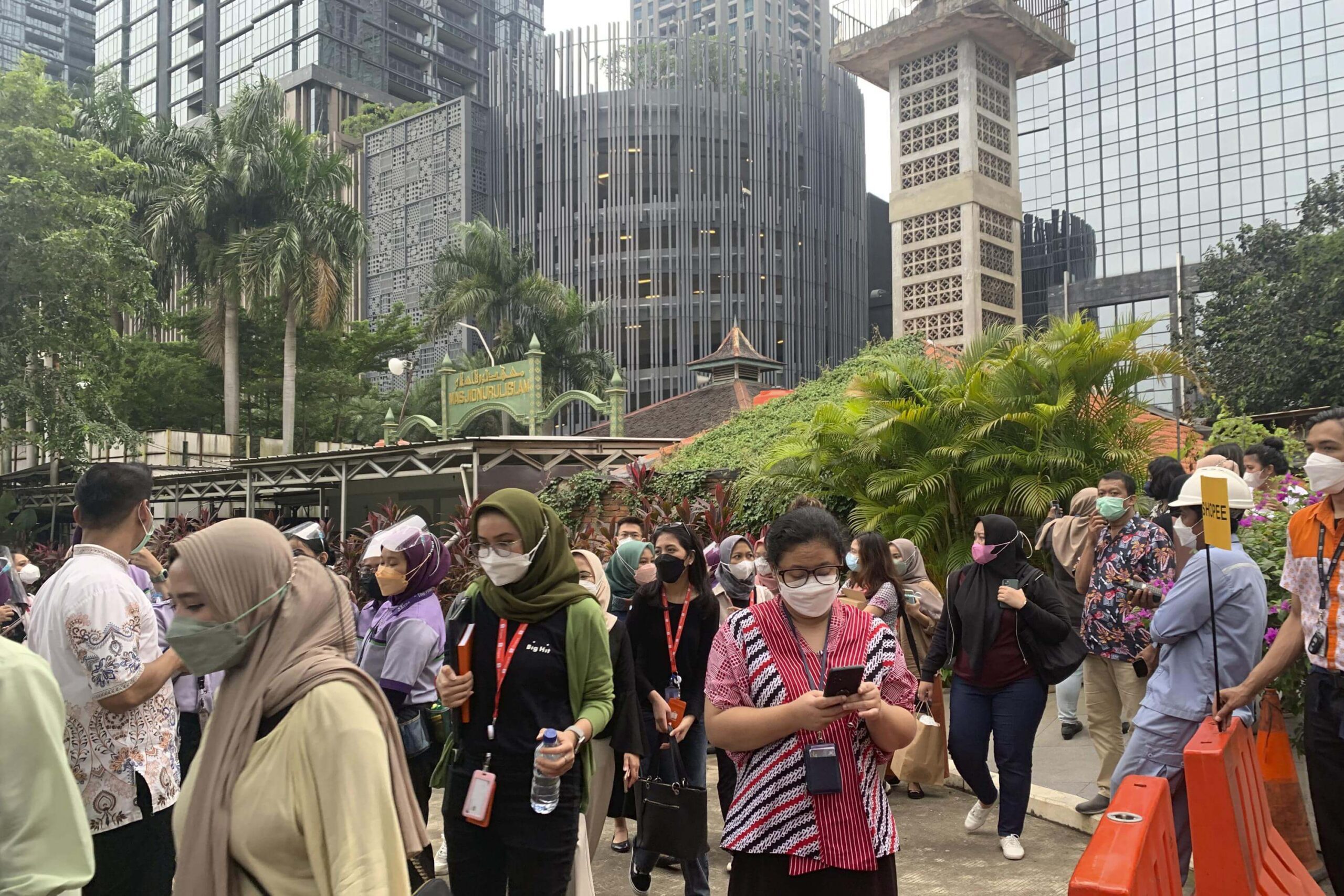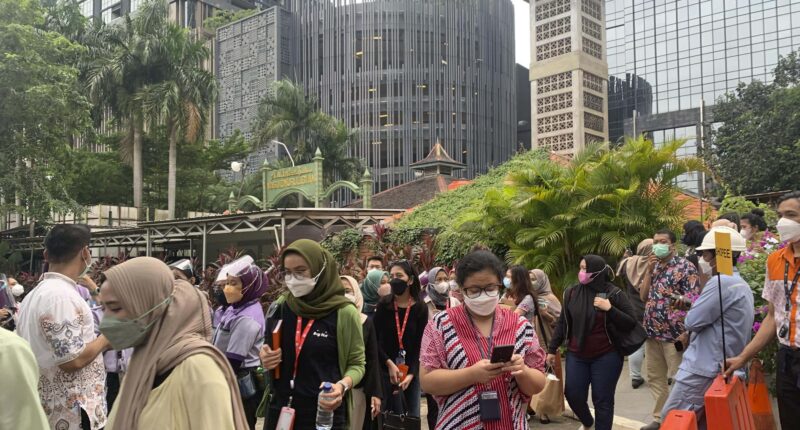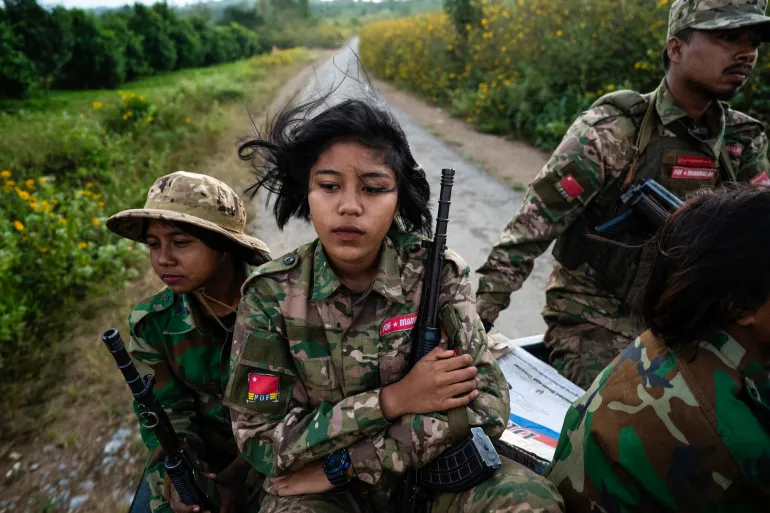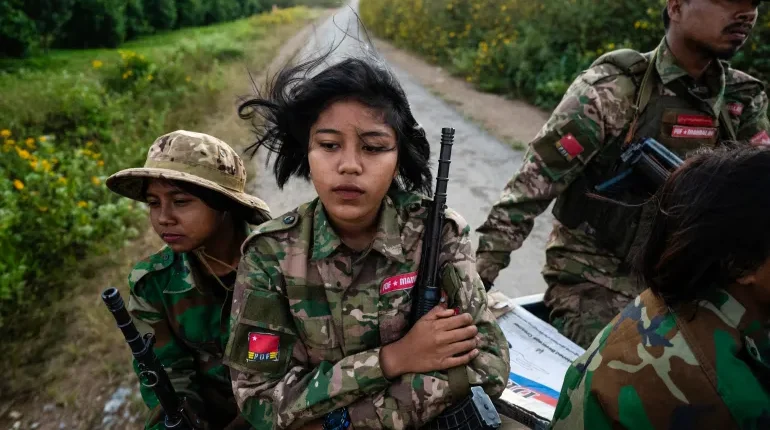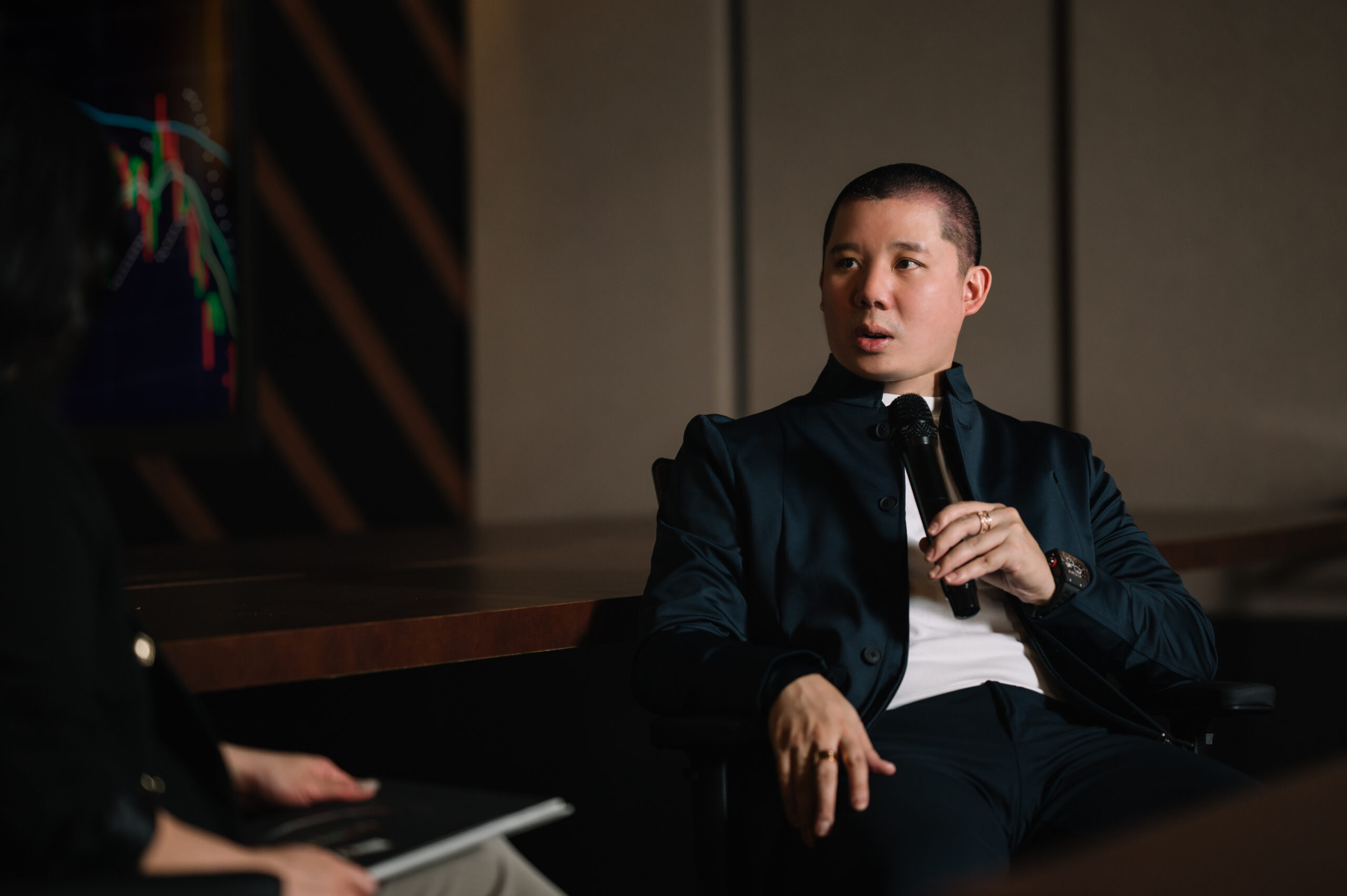In South Korea, a wave of dissatisfaction among junior doctors has culminated in a mass resignation, challenging the foundations of the country’s esteemed medical system. Over 7,800 interns and residents, pivotal to the healthcare framework, have stepped down, voicing concerns over excessive workloads, inadequate remuneration, and a lack of consideration for their grievances. This unprecedented move has led to a significant disruption in hospital operations, with patient admissions being declined and numerous surgeries postponed.
The crux of the doctors’ discontent lies not only in their immediate working conditions but also in opposition to government proposals aimed at increasing the number of medical professionals. While the government argues that more doctors are essential to enhance healthcare services in rural regions and address the needs of an ageing population, the striking doctors insist that the focus should be on improving the current workforce’s conditions.
Ryu Ok Hada and Park Dan, among the resigned doctors, highlight the untenable situation of trainee physicians who are expected to endure long hours for meager pay, all while upholding the standards of South Korea’s acclaimed medical system. Despite the support for the government’s expansion plan among the general populace, the doctors argue that such measures overlook the critical issues plaguing the existing medical workforce.
Interns and residents in South Korea are subjected to grueling 36-hour shifts, far exceeding the less than 24-hour shifts of their American counterparts. Moreover, while half of the young doctors in the U.S. work 60 hours a week or less, their Korean colleagues often find themselves working over 100 hours. The compensation for this exhaustive work is significantly lower in South Korea, where Ryu, for example, earned between 2 million won to 4 million won (US$1,500 to US$3,000) a month, including overtime, in stark contrast to the approximately $5,000 monthly average for first-year residents in the U.S.
The government’s response to the doctors’ collective action has been stern, with threats of arrest and license revocation, arguing that patient care must be the foremost priority. However, the protesting doctors, who represent a substantial portion of the workforce in major teaching hospitals, contend that their walkout is a necessary stand against an unconstitutional mandate that forces them to work against their will.
The impact of the walkout is palpable, with emergency rooms in the country’s largest hospitals reaching critical capacity. In response, the Prime Minister announced extended operational hours for public hospitals to cope with the demand. Nonetheless, the striking doctors, led by Park, advocate for a more inclusive approach to policy-making, one that involves doctors in crucial decisions and addresses the systemic reliance on a low-paid workforce and off-insurance services that undermine the sustainability of South Korea’s healthcare system.
The doctors’ stand, while resulting in a temporary departure from their patients, is a call for a reevaluation of a “distorted” system. They seek not only improved working conditions but also legal protections against malpractice suits and a restructuring of hospital operations to ensure the long-term viability of quality, affordable healthcare in South Korea. Their action underscores a critical juncture in the nation’s healthcare narrative, one that demands attention to the voices of those at its very heart.

